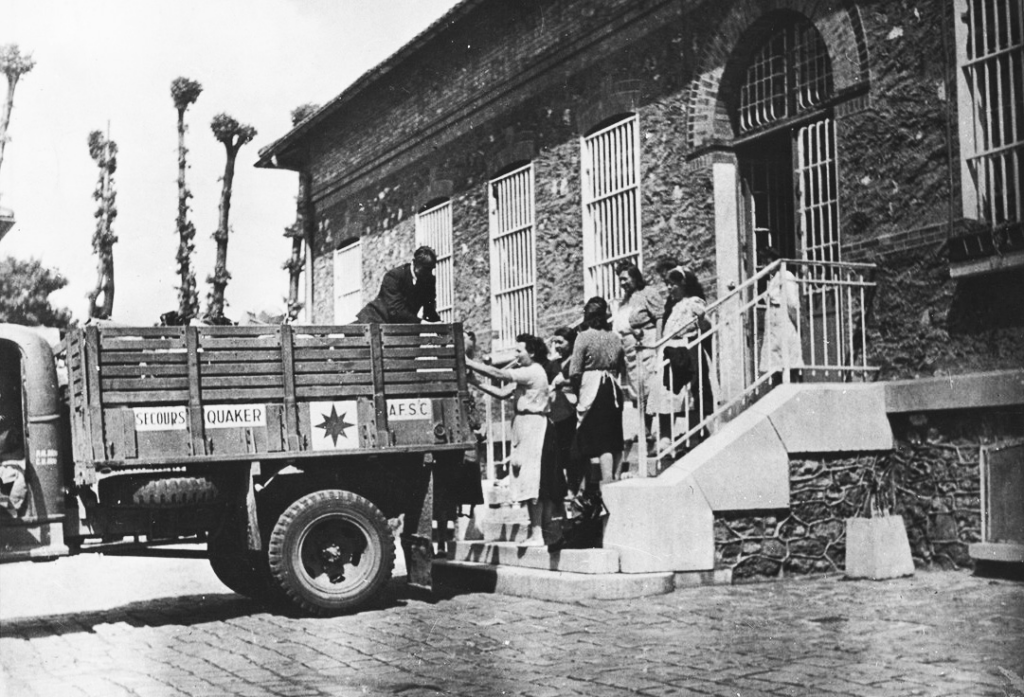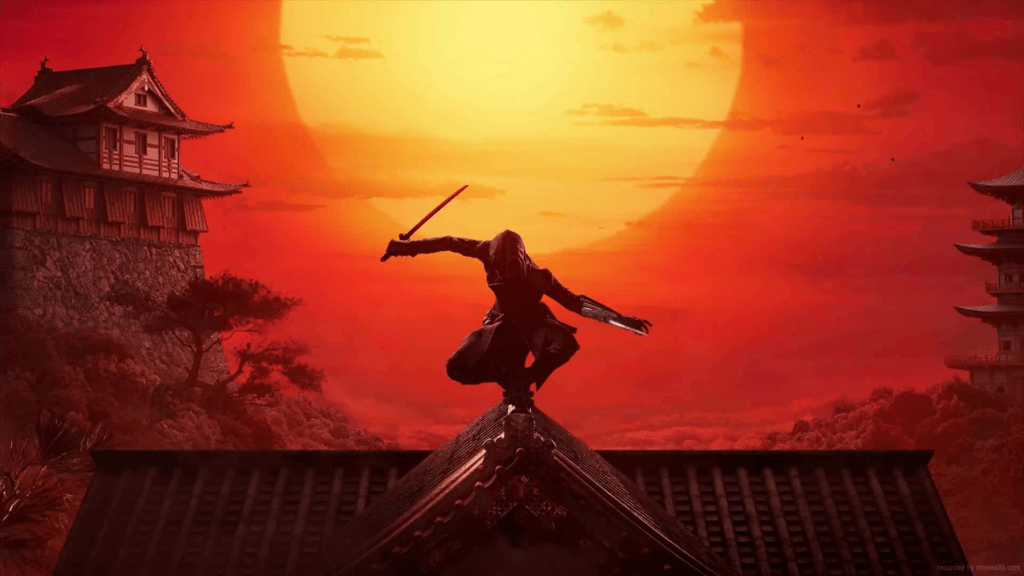In a universe built on shadows, secrets, and resistance, the Assassin’s Creed series has always borrowed from real history to shape its narratives. While the franchise is known for stealth and conspiracy, beneath the blade lies a persistent thread of those who resist oppression not through violence, but through service, sacrifice, and moral clarity. One of the most compelling real-world counterparts to this are the Quakers—members of the Religious Society of Friends—whose quiet but powerful actions during World War II mirrored the kind of unsung heroism often celebrated in the Assassin’s Creed saga.

In this article, we explore the lesser-known legacy of the Quakers and how their ethos resonates within the game’s universe. We’ll also connect their real humanitarian missions during Nazi rule with the themes of resistance, neutrality, and hidden alliances seen across Assassin’s Creed titles.
Who Were the Quakers?
The Quakers, also known as the Religious Society of Friends, emerged in 17th-century England. The name came from the trembling or “quaking” that accompanied moments of intense religious experience. They rejected formal church structures, refused to bear arms, and championed inner light over external ritual. Persecuted for their radical views, Quakers often refused to swear oaths, pay tithes, or submit to state churches.

By the 20th century, the Quaker movement had spread across northern Europe and the British colonies. Despite their pacifist ideals, they became known for courageous humanitarian work, often entering warzones not as soldiers, but as peacemakers and relief workers. Their courage didn’t come from weapons—it came from principle.
Quakers in Assassin’s Creed? Not Directly—But Spiritually Present
Though no named Quaker faction appears in any Assassin’s Creed title to date, their philosophy echoes throughout the series. In Assassin’s Creed Unity, for instance, Elise and Arno struggle between loyalty and personal ethics, while in Assassin’s Creed Syndicate, the Frye twins aid oppressed workers and underground communities. These missions reflect the quiet resistance championed by Quakers—fighting systems of control not with swords but with service and truth.
Imagine a Quaker NPC in Assassin’s Creed Liberation offering sanctuary to escaped slaves in New Orleans. Or a network of pacifist helpers in Assassin’s Creed Valhalla, protecting Norse children from violence. Even if they remain unnamed, characters inspired by quakers are already embedded in this world: healers, witnesses, guides, and unarmed rebels who change the tide through compassion.
The AFSC and the Rise of Nazi Germany
One of the clearest historical links to the Assassin-Templar struggle is the story of the American Friends Service Committee (AFSC), a Quaker-founded humanitarian group. During and after WWI, the AFSC provided aid in Germany and later across war-torn Europe.

At first, their help was welcomed—even by the Nazis, who respected the AFSC’s neutrality and past relief efforts. This gave the Quakers rare access to regions that were closing off to most international organizations. But neutrality wasn’t easy to maintain. When the Nazis began persecuting Jews, Quakers faced a moral crisis: speak out and lose access, or remain silent and risk complicity?
This dilemma feels ripped from an Assassin’s Creed plotline: covert operatives trying to protect the innocent while walking a razor’s edge between diplomacy and resistance. Just as the Assassins often pose as neutral parties to infiltrate hostile factions, so too did the quakers, wielding aid as their hidden blade.
From Caution to Courage: After Kristallnacht

The turning point came in 1938 after Kristallnacht, the violent pogrom that shattered any illusion of Nazi tolerance. Under the leadership of Rufus M. Jones and Clarence E. Pickett, the AFSC intensified efforts to aid refugees, particularly children. They supported the Wagner-Rogers bill in 1939, which proposed increasing the number of refugee children allowed into the U.S.—a move ultimately blocked by Congress.
Still, their resolve didn’t waver. Through the Committee for Refugee Children and its successor, the Refugee Children’s Foundation, the Quakers helped countless Jewish families escape Europe. These groups coordinated with Jewish aid organizations like the Joint Distribution Committee and operated even under occupation in Vichy France, Spain, and Portugal.
In Assassin’s Creed, such missions could easily fit into a story arc: escorting children across borders, smuggling documents, maintaining cover among collaborating forces. The real-world actions of the quakers read like side quests from the Animus—only they were painfully real.
The Numbers Behind Quiet Resistance

Let’s take a closer look at some of the historical figures and efforts carried out by the AFSC during WWII:
| Year | Humanitarian Action |
|---|---|
| 1939 | Support for the Wagner-Rogers Bill to save 20,000 children |
| 1940 | Creation of the Refugee Children’s Foundation |
| 1941–1942 | Transfers of Jewish children from southern France camps to the U.S. |
| Locations | France, Spain, Portugal, Germany |
| Partner Orgs | Joint Distribution Committee, AFSC |
Quakers didn’t operate in the shadows like Assassins—but their refusal to remain idle in the face of atrocity placed them firmly in history’s quiet resistance.
Morality, Secrecy, and Resistance in the Assassin’s Creed Universe

Every Assassin’s Creed protagonist must walk the line between violent revolution and ethical resistance. That duality mirrors the moral choices faced by real-world Quakers. In the face of genocide, neutrality is not safe—it becomes a question of conscience. Quakers chose to act without losing their pacifism, just as some Assassins choose non-lethal routes or influence from the shadows rather than with blades.
It’s not difficult to imagine a DLC storyline where the player aids a Quaker-inspired underground network during WWII—or perhaps in a future title focused on the 20th century. These missions wouldn’t need combat—they’d test patience, empathy, and courage, asking players to use influence, stealth, and diplomacy to save lives.
A Reflection from a Player

“I always saw Assassin’s Creed as a power fantasy. Then I read about the Quakers. Now I think the truest power is what you do when you choose not to fight—but still refuse to give in. If they’re not Assassins, they’re certainly allies.”
